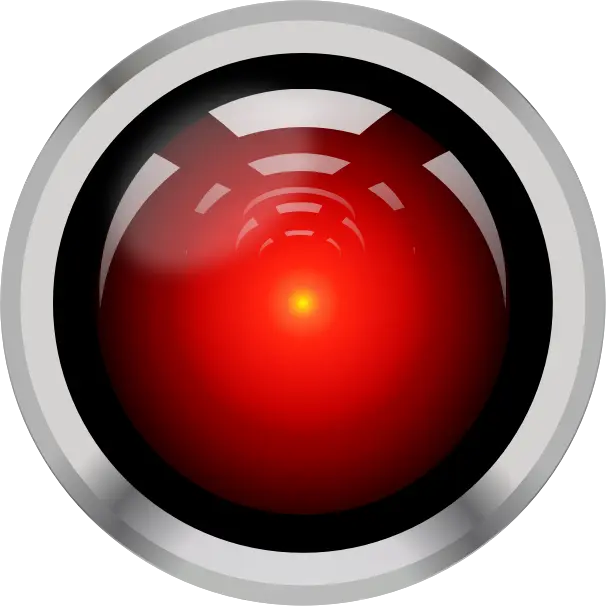

I used nWoD for fantasy games. The core dice pool system works pretty well, and few things are tightly coupled to any setting in particular.
I mostly don’t like d20, so when someone tells me they’re doing a game about secret vampire societies in it, I’m a lot more disappointed than if they ported a system I like or am neutral on. Also 5th edition in particular makes a lot of assumptions about how things work.












I love mage, but its magic is so involved and powerful I wouldn’t want to use it in a game unless everyone was a mage. You don’t really want one players options to be “I hit him with my club” and the others to be boundless.
Awakening 2nd edition was really good, imo, but I never actually got to play Ascension